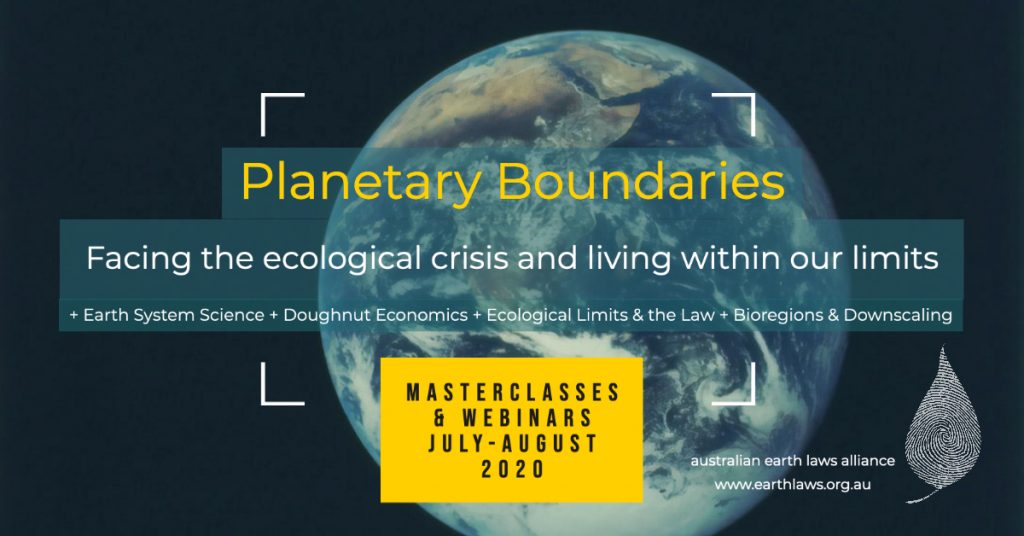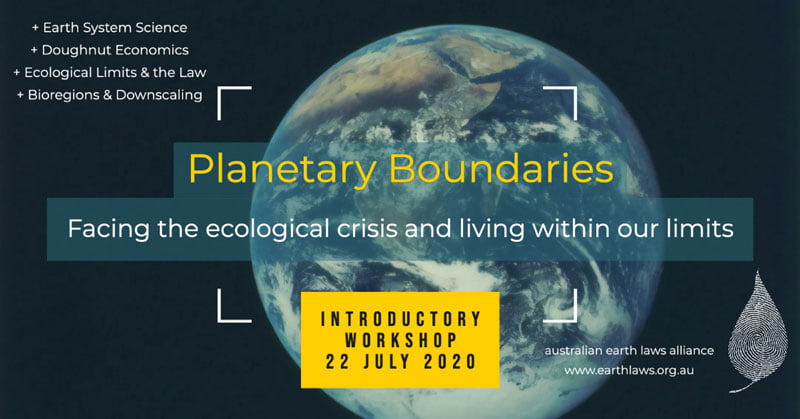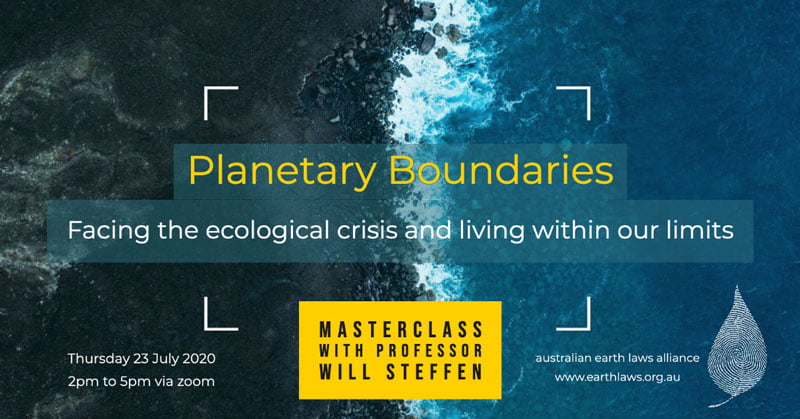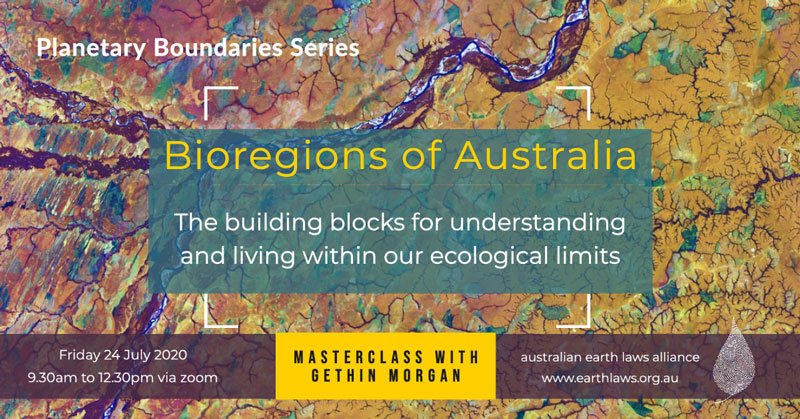<!--
to AELA
Members
Log in here if you are an AELA Member
Log in here if you have purchased any of the webinars below
Why not become an ALEA Member today?
Access to the Planetary Boundaries 2020 webinar series videos is included in your membership, plus you will gain access to future member-only content and you will be supporting the work of AELA - an unfunded, not-for-profit organistion run entirely by volunteers.
Not a member? You can still access the Planetary Boundaries webinars via the one-off, lifetime access purchases below:
All 3 webinars!
1. Introductory 1-Day Workshop (in 3 parts, all included)
2. Masterclass with Professor Will Steffen
3. Masterclass with Gethin Morgan.
one-off payment, lifetime access
Introductory 1-Day Workshop
Get access to the Planetary Boundaries 2020 Series Introductory 1-Day Workshop videos (in 3 parts, all included).
Webinar Informationone-off payment, lifetime access
Masterclass with Professor Will Steffen
Join us for a masterclass that will provide a detailed introduction to the ground breaking concept of "Planetary Boundaries".
Webinar Informationone-off payment, lifetime access
Masterclass with Gethin Morgan
Join us for a fascinating masterclass that helps us understand Australia's bioregions.
Webinar Informationone-off payment, lifetime access
-->
AELA's Planetary Boundaries Series 2020 is now free to view online!
In AELA’s new series, we’ll learn from world leading scientists, economists, lawyers and regenerative communities, about how Planetary Boundaries can help us understand the ecological limits of our world, and how to take action toward a more sustainable pathway for human societies.
Below you will find the recorded webinars from the first series of Planetary Boundary workshops and masterclasses, from July 2020.
Introductory 1-Day Workshop
Part 1:
Part 2:
Part 3:
Masterclass with Professor Will Steffen
Webinar InformationMasterclass with Gethin Morgan
Webinar Information<!--
-->



























